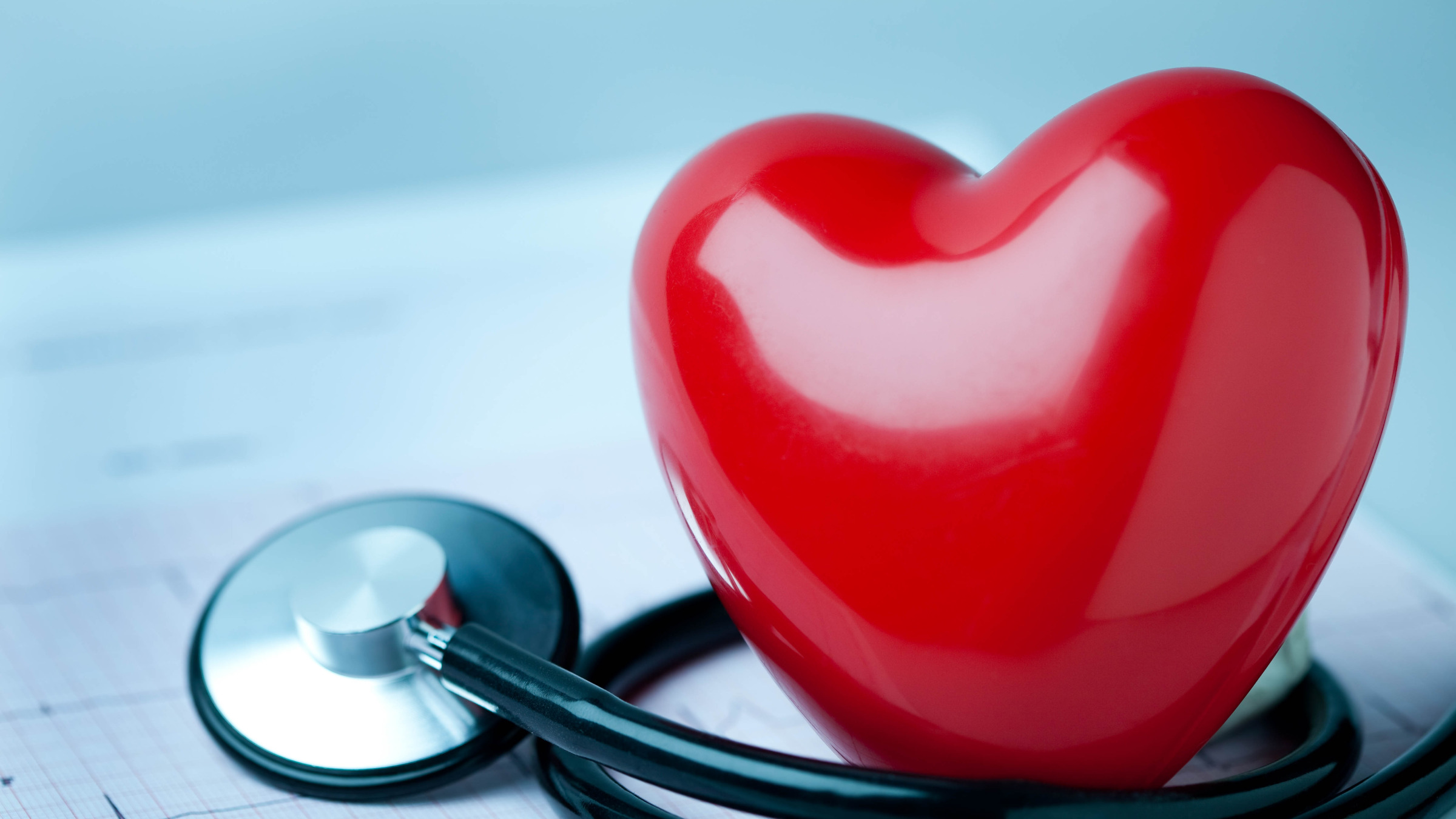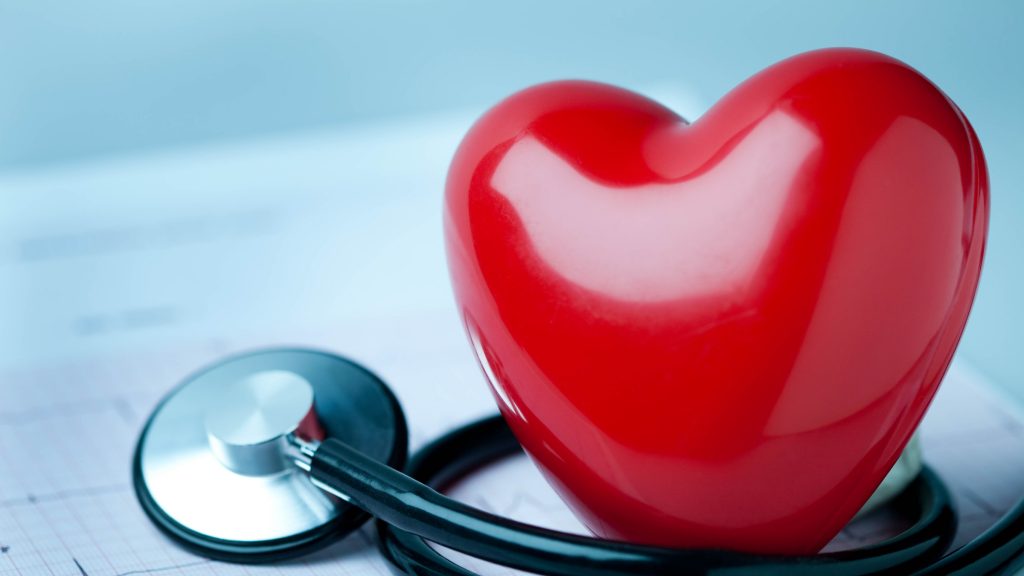How many afternoons have you sluggishly moseyed over to the office coffee machine and wondered, Is this really my fourth cup of the day? Or wait, is it my fifth? We’ve all been there, but a new study shows refilling your cup too often could be hurting your health.
The study, published in the American Journal of Clinical Nutrition, suggests that drinking six or more cups of coffee per day may increase your risk of heart disease by up to 22%.
Researchers from the University of South Australia analyzed the health records and self-reported dietary patterns of 347,077 participants between the ages of 37 and 73. They also looked to see which study participants possessed a specific gene variant, called CYP1A2, that enables people to metabolize caffeine faster than those without the variant.

Overall, the researchers found that people who said drank six or more cups of coffee a day were 22% more likely to develop cardiovascular disease during the study period, compared to those who drank one to two cups daily. They also concluded that this association was independent of genetic makeup; in other words, people with the caffeine-metabolising gene were not able to safely drink more than those who don’t have it.
The study authors believe that coffee (in large quantities) and heart problems may be linked because excess caffeine consumption can cause high blood pressure, a risk factor for cardiovascular disease. According to the World Health Organization, cardiovascular disease is the leading cause of death worldwide, yet it’s also one of the most preventable.
“Most people would agree that if you drink a lot of coffee, you might feel jittery, irritable or perhaps even nauseous,” said co-author Elina Hyppönen, director of the Australian Centre for Precision Health, in a press release. “That’s because caffeine helps your body work faster and harder, but it is also likely to suggest that you may have reached your limit for the time being.”
That doesn’t mean that any and all coffee is bad for your heart, however. In fact, the researchers also found that participants who didn’t drink coffee at all—and those who drank decaf—also had higher rates of heart disease (11% and 7% higher, respectively) than those who drank one to two cups per day.
Previous research has found coffee is rich in antioxidants and may reduce the risk of heart disease, stroke, and diabetes. That is, if it’s consumed in moderation. A 2017 review published in Food and Chemical Toxicology found that intake levels of up to 400 mg a day, or about four 8-ounce cups of coffee, are not associated with health risks for adults.
So no, there’s no reason to completely cut out coffee, but it is smart to pay attention to how much you’re really drinking. “Knowing the limits of what’s good for you and what’s not is imperative,” Hyppönen said in the press release. “As with many things, it’s all about moderation; overindulge and your health will pay for it.”

